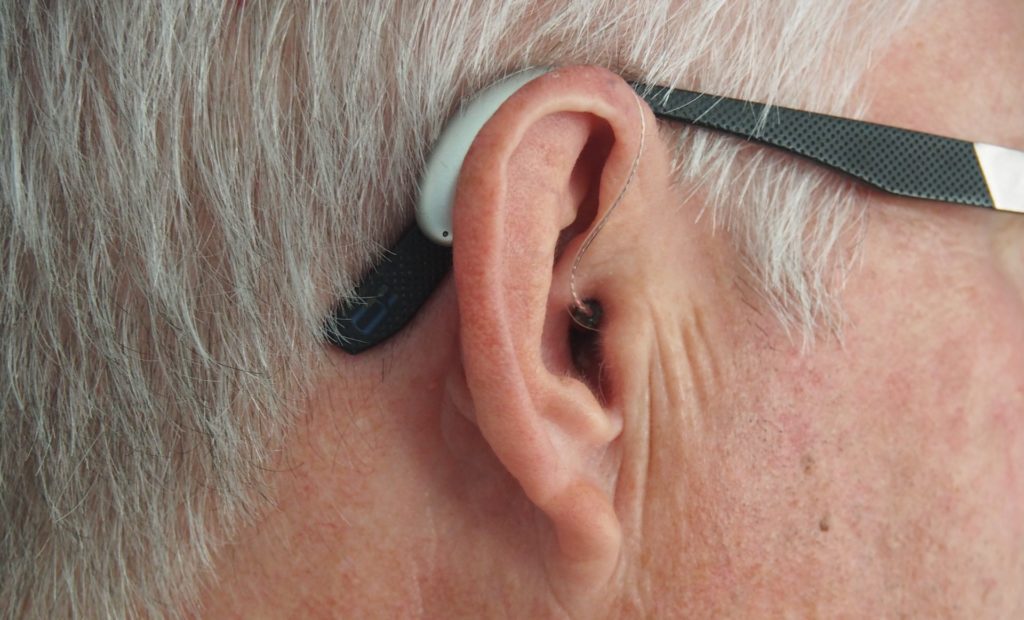When it comes to maintaining your hearing aids, one of the most crucial components to manage is the hearing aid batteries. Batteries for hearing aids typically last anywhere from two to seven days, depending on usage and the type of hearing aid battery used. Whether you prefer traditional hearing aid batteries or rechargeable hearing aid batteries, this post will provide you with tips to extend battery life and answer common questions, ensuring your hearing aids are always ready when you need them.
Maximizing Battery Life for Hearing Aids
1 – Store Batteries Properly
The number one way to get more out of your hearing aid batteries is to buy quality ones. Hearing aid batteries are made up of zinc-air or mercury and silver oxide. To ensure longevity, purchase quality batteries for hearing aids such as zinc-air batteries, which are mercury-free and environmentally friendly. Store your hearing aid batteries in a cool, dry place to prevent damage from heat and moisture.
2 – Keep an Eye on Your Battery Stock
It’s recommended to keep at least two to three extra hearing aids batteries in case you run out. This will help avoid any embarrassing situations in case you need to change your hearing aid batteries in public. Monitor your hearing aid battery life by checking the power indicator and planning for regular changes, typically after two to three weeks, to maintain optimal performance.
3 – Optimal Timing for Tab Removal
It’s important to properly change and remove your batteries from your hearing aid. If you remove the batteries too soon, the battery life will decrease. Remove the tab from your hearing aid battery only when you’re ready to use it to avoid unnecessary drain. Wait two minutes after removing the tab before placing the battery in the hearing aid to activate it fully.
4 – Keep the Battery Door Open
Store your hearing aid with its battery door open so that the batteries are able to breathe. This will allow moisture to escape, which will prevent corrosion and extend the life of your hearing aids battery. If you are unable to open the battery door, make sure to change the batteries as soon as possible to avoid any damage.
5 – Make Sure Your Hearing Aids Are Kept Clean
To keep your hearing aid working efficiently, make sure to clean it regularly. A dirty battery compartment can create excessive moisture and lead to corrosion. Regular cleaning ensures your device performs at its highest potential and the battery for hearing aids function efficiently.
Bonus Tip: Read the Manual
If you’re still having trouble maximizing the life of your hearing aid batteries, take the time to read the manual that came with your device. Most hearing aids today come with a built-in battery tester. These testers can give you a clear indication of when it’s time to switch out your hearing aids batteries. If a hearing aid is functioning correctly, the battery tester will display green. If the tester displays pink or red, it indicates that it’s time to change the batteries.
Frequently Asked Questions
Which is better: a hearing aid with a battery or rechargeable?
The choice between hearing aids with rechargeable batteries and those with replaceable batteries depends on personal preference and lifestyle needs. Rechargeable batteries for hearing aids offer convenience and are cost-effective over time, while traditional batteries are ideal for those requiring immediate replacement without the need for charging.
How to remove the battery from a hearing aid?
To remove a battery from a hearing aid, open the battery door fully, gently tap the device into your hand, or use a magnetic tool if provided with your hearing aid model.
How long do hearing aid batteries last?
Hearing aid batteries typically last between two to seven days, depending on the type and power requirements of your hearing aid, volume levels, and wireless connectivity usage.
Are all hearing aid batteries the same?
No, hearing aid batteries come in different sizes and capacities. It’s essential to use the correct size for your specific hearing aid model to ensure proper function and longevity.
Conclusion
The key to optimizing battery life is to change them when needed. If you start to lose your hearing, you’ll know that it’s time to change your batteries. If you notice any change in sound quality or volume, it’s also a good idea to check your batteries. Efficient use of your hearing aid batteries not only enhances your hearing experience but also provides peace of mind and savings. By following these tips and understanding the nuances of your hearing aids’ power requirements, you can effectively manage your hearing aids’ energy consumption.
If you’re in Winnipeg, Selkirk, Morden, Gimli or Altona, and considering hearing aids with rechargeable batteries or need a free hearing test, Horizon Hearing Centres is your destination for expert assistance. We offer a wide range of hearing aid solutions tailored to your needs. Book an appointment with us today and experience the difference professional guidance can make!

